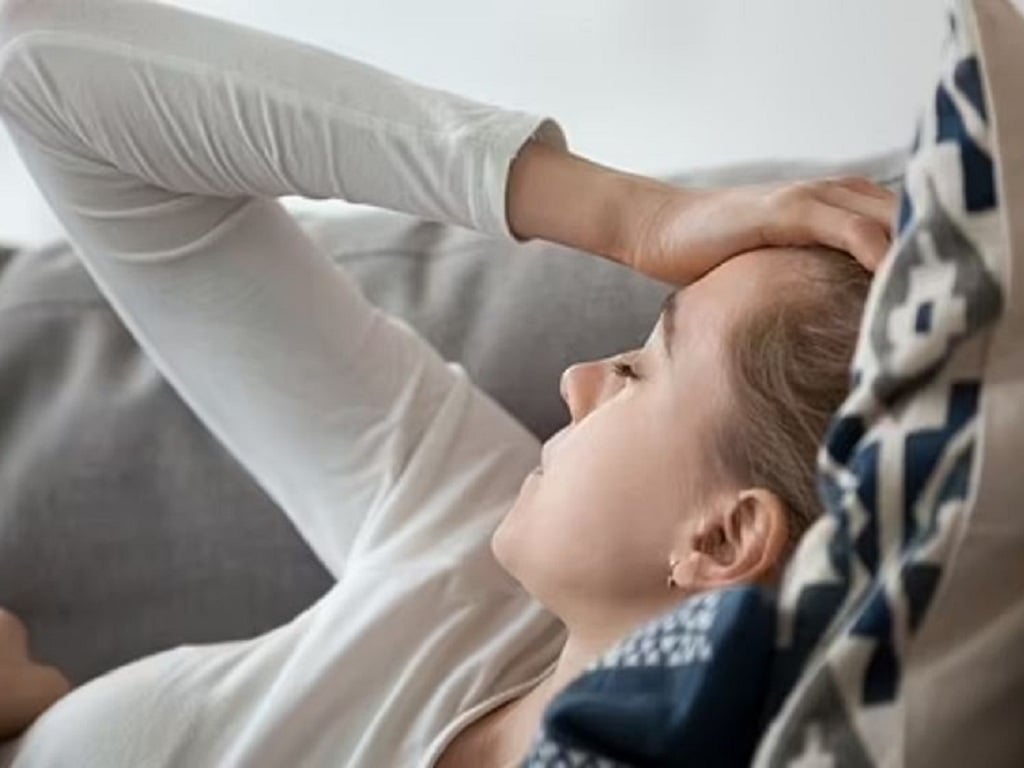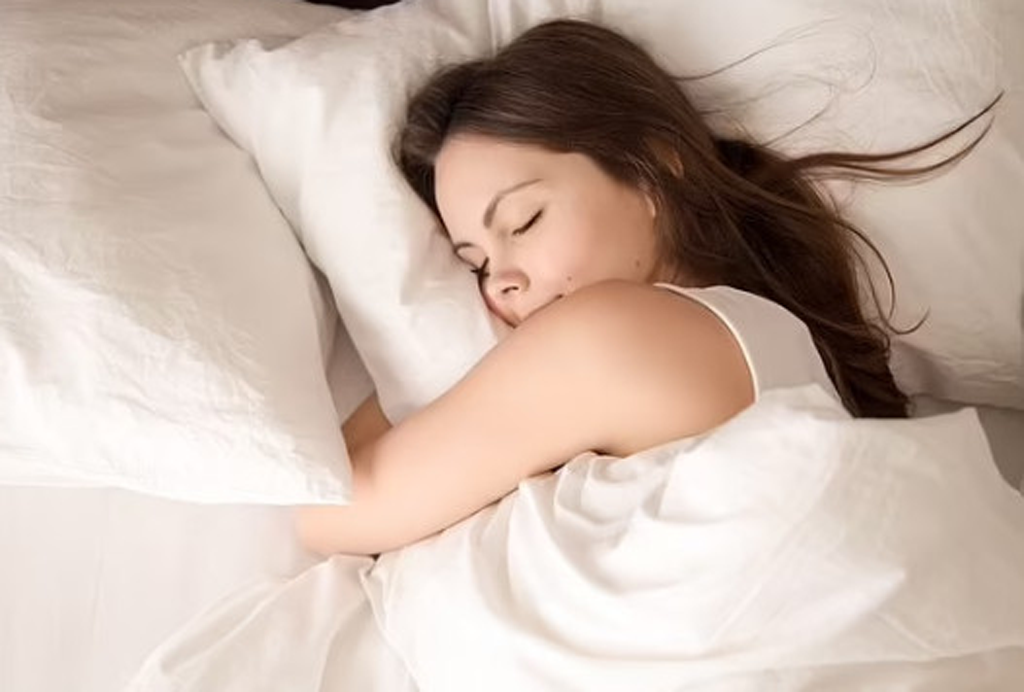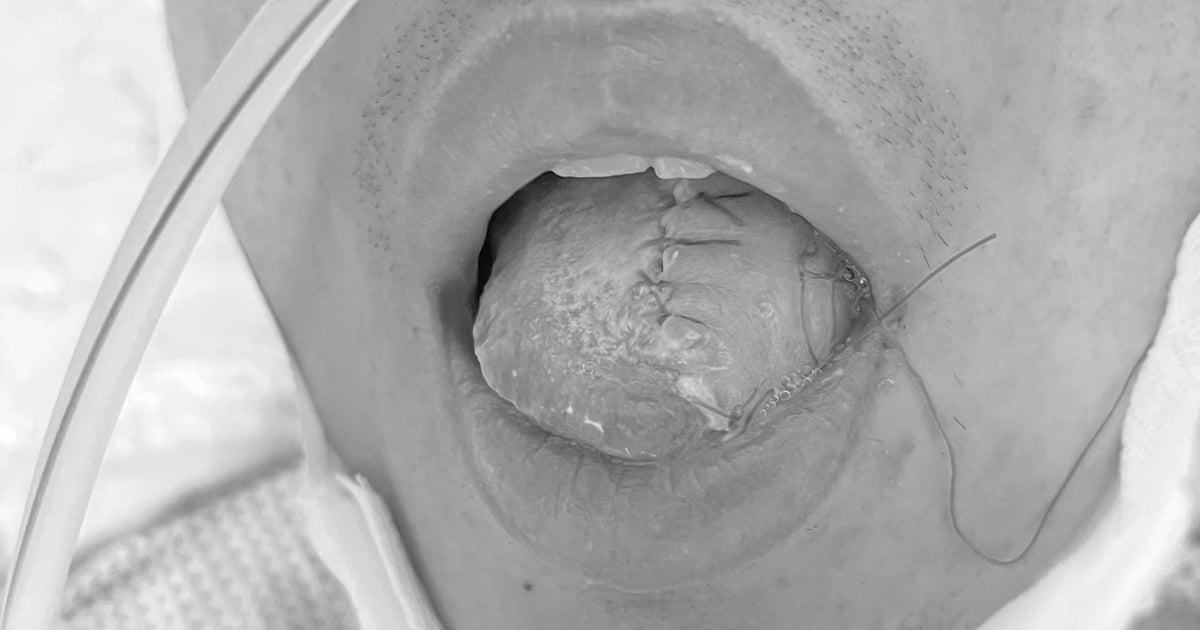Starting the day with health news, readers can also read more articles: Feeling dizzy when lying down is a sign of what disease?; What is the best sleeping position for you?; How to avoid dangerous complications when injecting filler?...
New discovery: A familiar spice can help men avoid cancer
New research published in the medical journal of the American Association for Cancer Research has found that cinnamon may prevent prostate cancer in men.
Accordingly, results on mice show that cinnamon and its active ingredients can prevent prostate cancer .

Prostate cancer is the most common form of cancer in men.
A trial conducted by scientists at the Indian National Institute of Nutrition (ICMR-NIN) has shown that the active components of cinnamon, including cinnamaldehyde and procyanidin B2, have the ability to inhibit early-stage prostate cancer.
In the study, the authors fed adult male mice cinnamon or cinnamon bioactives through their diet before the mice developed cancer, and the mice were fed these foods for 16 weeks.
The results showed that feeding cinnamon or cinnamon active ingredients resulted in 60-70% of mice showing normal prostate histology, meaning that the development of cancer was prevented . Readers can read more about this article on the health page on September 8.
Feeling dizzy lying down is a sign of what disease?
Dizziness is not only caused by spinning or standing, but can also occur when lying down. The feeling of dizziness only lasts a few dozen seconds but can affect the patient for many minutes afterwards.
For common symptoms of dizziness, such as from standing up too quickly or lightheadedness from dehydration, the sufferer usually finds a way to sit or lie down. But there are also cases of dizziness that occur while lying down.

Turning your head frequently while lying down or lying in one place for a long time can cause benign paroxysmal positional vertigo.
The most common cause of dizziness while lying down is benign paroxysmal positional vertigo (BPPV). This type of vertigo usually lasts only 10 to about 20 seconds. This type of vertigo often occurs after we suddenly change the position of our head, such as rolling over in bed or going from sitting to lying down.
In fact, benign paroxysmal positional vertigo is a type of vestibular disorder. The vestibule is a structure consisting of many very small bones in the inner ear, just behind the cochlea, which helps the body maintain balance. In the inner ear, there are also calcium crystals that play an important role in helping the vestibular system function, sense gravity and balance. The next content of this article will be on the health page on September 8.
What is the best sleeping position for you?
Sleeping position plays an important role in the quality of sleep. Choosing the right sleeping position helps us gain many health benefits.
Most people tend to sleep on their sides, but some people prefer to sleep on their backs or stomachs. And many people change positions throughout the night. Find out which position you usually sleep in and see if it works for you!
Sleep on your side. Most people sleep on their side, which is the most comfortable position for older people, and can reduce snoring, heartburn, and back pain. Sleeping on your side also clears the airways, promotes blood flow to the heart, and is good for people with sleep apnea.

Sleeping position plays an important role in sleep quality
Side sleeping helps keep your spine balanced and is less likely to cause neck or back pain, especially if you have a pillow. Side sleeping also reduces heartburn, which is good for pregnancy, acid reflux, and back pain.
Sleep on your back. Sleeping on your back is the second most common and best position for people with nasal congestion. It also helps relieve neck pain. However, back sleepers tend to snore more because this position can cause the airway to narrow.
Sleeping on your stomach. Very few people sleep on their stomachs. This position is harmful to the back and neck. However, sleeping on your stomach can reduce snoring and reduce sleep apnea . Start your day with health news to see more of this article!
Source link



![[Photo] Close-up of Vietnam's sniffer dog team searching for earthquake victims in Myanmar](https://vstatic.vietnam.vn/vietnam/resource/IMAGE/2025/4/1/d4949a0510ba40af93a15359b5450df2)


![[Photo] President Luong Cuong and King Philippe of Belgium visit Thang Long Imperial Citadel](https://vstatic.vietnam.vn/vietnam/resource/IMAGE/2025/4/1/cb080a6652f84a1291edc3d2ee50f631)
![[Photo] General Secretary To Lam receives King Philippe of Belgium](https://vstatic.vietnam.vn/vietnam/resource/IMAGE/2025/4/1/e5963137a0c9428dabb93bdb34b86d7c)











![[Video] Hanoi records 189 more measles cases in one week](https://vstatic.vietnam.vn/vietnam/resource/IMAGE/2025/4/2/7a2330ce125049c9900b0443e7e2361f)














































































Comment (0)